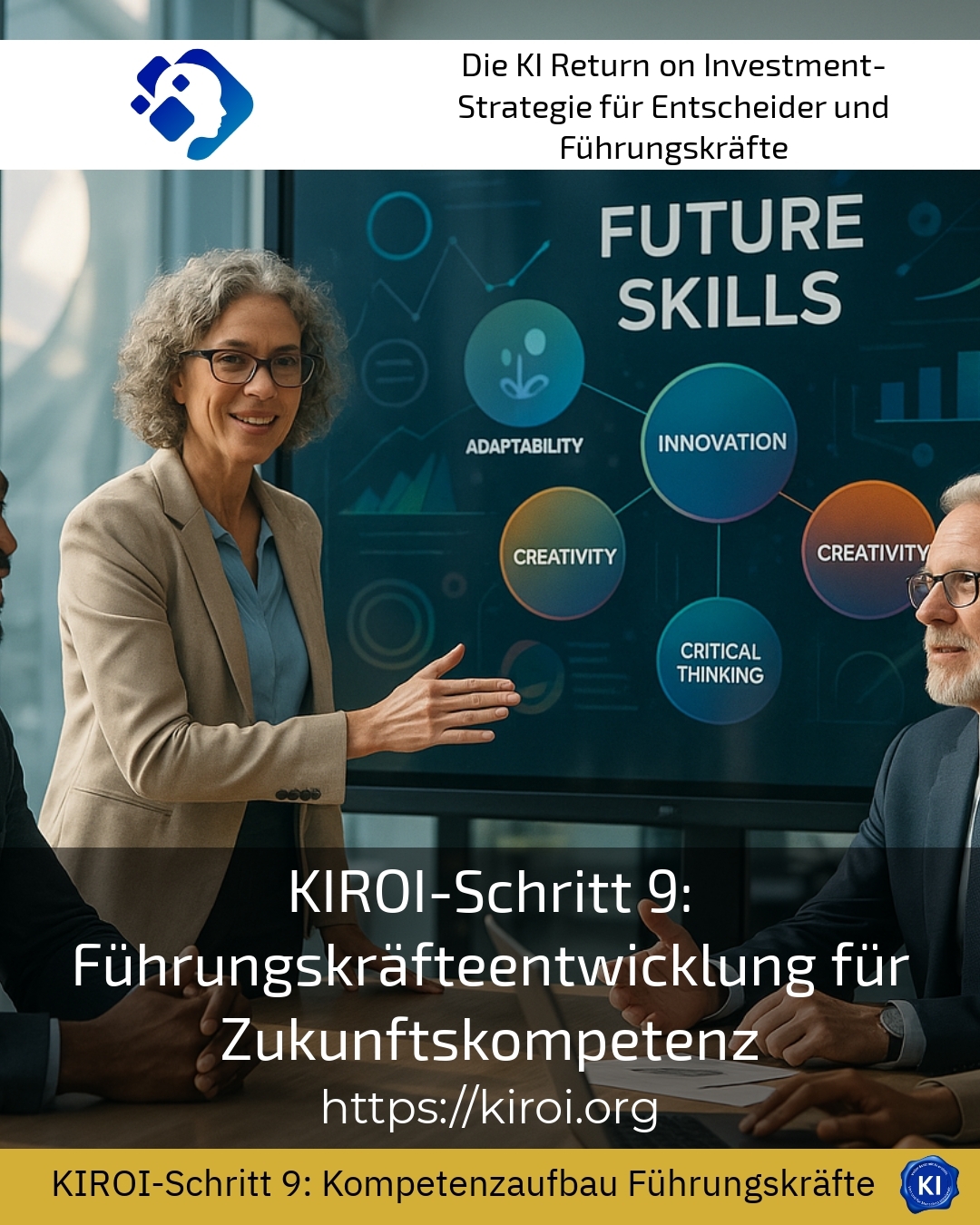Management development is a central component of modern corporate management, as it enables companies to adapt to changing requirements in the world of work. In an increasingly dynamic market, it is crucial for managers to be able to act flexibly and with an eye to the future. Leadership development involves not only training specific skills, but also promoting a forward-looking mindset and strengthening digital competences[1][2].
Remote development in the age of digitalisation
In today's world of work, which is characterised by digitalisation and transformation, managers must be able to adapt quickly to new technologies and use them effectively. This includes, for example, dealing with artificial intelligence (AI), which not only requires technical knowledge, but also takes ethical and social aspects into account[5][8].
One example of this is management development in the energy sector. Here, managers learn to understand digital control systems and use automated analyses sensibly in order to use environmental resources more sustainably and minimise operating costs[5].
Further development of managers through;;;.training and coaching
Leadership development is supported by various formats, including coaching, mentoring and digital learning modules. These methods make it possible to create individual development plans that are tailored to the specific needs of managers[3][5].
A well-structured management development programme includes steps such as analysing the target group, formulating objectives and selecting suitable methods such as coaching or rotation[3].
Management development for future-oriented corporate management
Managers today must not only have technical knowledge, but also the ability to lead and motivate teams. This includes future skills such as tolerance of ambiguity, systemic thinking and the ability to continuously work on personal and professional development[8][10].
In practice, this means that managers must be able to recognise changes and trends in the industry and respond to them proactively. This requires a combination of strategic focus, digital expertise and strong stakeholder management[6][8].
BEST PRACTICE at an energy supply company (name hidden due to NDA contract)
A specific management development programme was introduced to strengthen AI skills. Managers were able to expand their technological skills through targeted coaching and practical application scenarios. This promoted trust in dialogue with technical experts and created an innovation-friendly corporate culture[5].
My analysis
Overall, leadership development is a decisive factor for the success of companies in a constantly changing world. By promoting future skills and strengthening leadership qualities in a targeted manner, companies can adapt and shape themselves. Leadership development remains a central building block for future-orientated corporate management.
Further links from the text above:
For more information on leadership development and AI competences, you can use the following resources:
- Rethinking management development
- Skills that will be in demand from managers in the future
For more information and if you have any questions, please contact Contact us or read more blog posts on the topic Artificial intelligence here.















